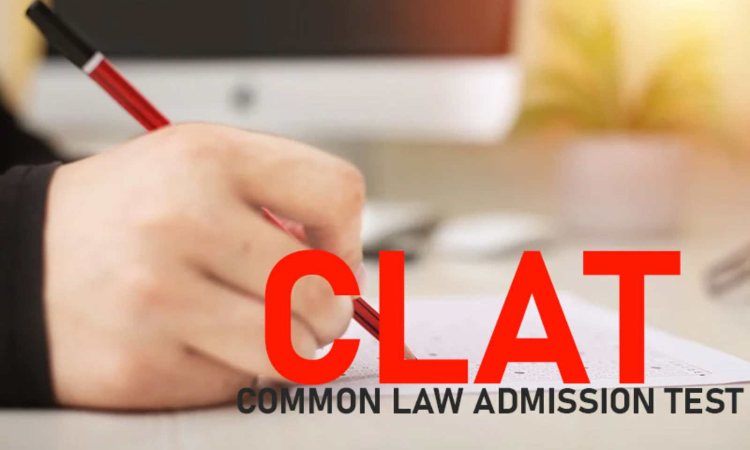A Letter To CLAT Consortium
Aneesh Raj
25 July 2021 2:21 PM IST

Common Law Admission Test (CLAT) which is India's biggest entrance examination for admission into National Law University has been completed successfully on July 23, 2021. This year examination was conducted following all the COVID-19 safety protocols. The examination was conducted in offline mode across the various different centres in India.
The provisional answer key has been released by the Consortium of NLUs soon after the examination. Along with it, the window to raise objections against the provisional answer key has been opened. As per the notification, the portal for objection(s) will open at 09:00 P.M. on July 23, 2021, and close at 09:00 P.M. on July 24, 2021. After this, no objection will be entertained. It seems feasible at all but the thing that shocked me as well as many students who have appeared for the examination this year is that to raise an objection the Consortium of NLUs is charging RS. 1000 per objection.
In the released notification, it is mentioned that a fee of Rs. 1,000/- (Rs. One Thousand only) is to be paid for each objection and if the objection turns out to be valid, the said fee will be refunded/remitted to the same account from which it was paid.
The notification of consortium seems to be arbitrary. By setting such a high standard they are discouraging students especially those who are poor and deprived to raise objections. This decision of consortium shows their empathy towards thousands of aspirants. It is to be noted here that in the last 14 years, CLAT has gone wrong on many levels. There is not a single year in my memory when the examination has been conducted without any glitches. This led to the establishment of Consortium of NLU with the target to improve the standard of legal education as well as to conduct examination in a smooth manner but their decision to charge 1000 rupees for objection demonstrates that consortium has deviated from their goal.
In the last 14 years, there are many such instances where either there were multiple errors in the answer key or at some instance in the question itself. So, it is natural that students will be in dilemma that the answer released by consortium may have several errors if it won't match with the answer they have marked. But this time many will not be able to raise doubt because of the facts that the consortium is charging a hefty sum of money for raising an objection. It seems a wrong practice and it has put students as well as parents into anxiety.
In the year 2020, when I appeared for examination, there was a question in General Knowledge with the following options: -
Q) Which of the following organisations/ institutions is a major offset partner of India in the Rafale deal?
- Hindustan Aeronautics Limited.
- Reliance Defence Limited.
- Reliance Naval and Engineering Limited.
- Pipavav Defense.
As per the answer key released by the CLAT consortium, the correct option was 'B', but at the same time, 'C' was correct as well. It is so because Reliance Defence limited was same company whose name was altered later to Reliance Naval and Engineering Limited. However, the consortium refused to consider the same. In one respect the decision of the consortium to consider B as the correct option while C as the wrong one seems plausible.
But suppose a student who had marked C think that his/her answer is correct and technically he/ she was not wrong because he has done research and reached a conclusion that both options could be correct. So, does it seem plausible to discourage him/her to not raise an objection by charging such an amount with conditions that if objection raised would not be correct then, there will be no refund?
The consortium charges Rs 4000-/- for registration of examination which is much high amount as compared to various other exams like JEE Mains etc. and now they are charging Rs 1000 per question. This implies that the consortium is interested in making money by taking advantage of the situation. The decision of consortium is a wrong practice morally too. The decision seems to be taken capriciously or at pleasure, without adequate determining principle. It is unreasonable because it is devoid of satisfactory reasons. The notification would affect poor aspirants. As we know in examination likes CLAT, one-two questions create huge difference. So, if even a single student would be at loss because of consortium decision, it would be a gross injustice. Hence, I on behalf of thousands of aspirants request the Consortium to think upon its decision at the earliest and remove the requirement set by it to raise an objection and give some more time to raise queries.
Views are Personal.


